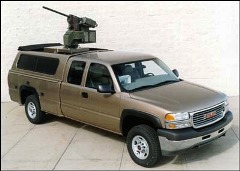 Quote: “Bold moves. They happen every day.” TV ad for the Ford Freestyle.
Quote: “Bold moves. They happen every day.” TV ad for the Ford Freestyle.
Figure of Speech: hypallage (hy-PAL-la-gee), the order shifter. From the Greek, meaning “swap.”
An ideal family — Mom, Dad, gender-balanced kids, dog — takes a weekend excursion in an oversized car. Then Dad gets dropped off at a condo development. “Thanks for inviting me this weekend,” he says wistfully, hugging the kids goodbye. Cue tagline.
The ad mystifies commentators. How does a divorce sell cars? And what’s the bold move — kicking dad out of the house?
First, let’s get the figure out of the way. The hypallage switches the order of words for poetic effect. “Every day, bold moves happen” becomes “Bold moves. They happen every day.” Call it the Madison Avenue hypallage. Cute slogan. It gets a sentence of its own.
What’s the rhetorical strategy? Redemption. It’s what everyone needs. Advertisers and salespeople have a reputation for creating needs where they do not exist, but that is rarely true in a literal sense. In rhetoric, you start with needs; the persuasion happens when the marketer makes you believe that its solution will meet them. A man responds to a beautiful woman in a car ad out of his need for — well, out of his need for a woman. But the sexual revolution is long gone and women buy cars more than men do. So Mad Ave exploits a different yearning: for reconciliation, not sex.
Which makes you wonder why the Ford couple split up in the first place. Figaro guesses money squabbles. They were over their heads in car loans.
Snappy Answer: “Chapter 11. It happens to SUV makers.”